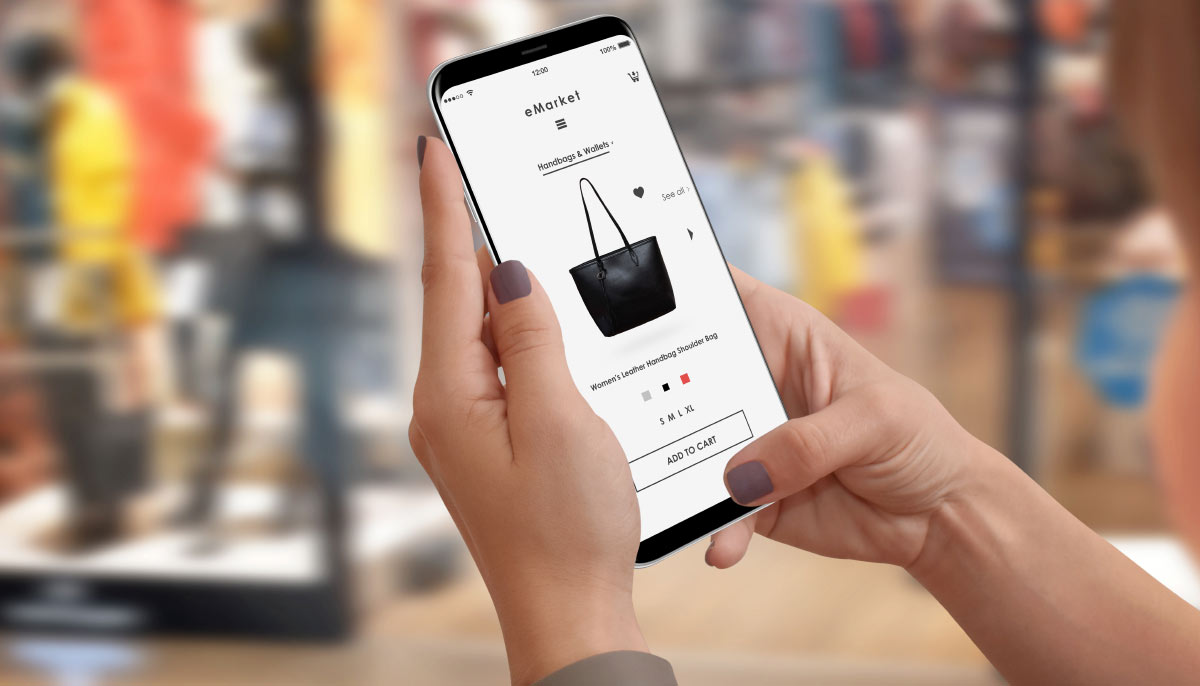
The eCommerce VAT Shift: 1 July 2021
With the significant number of online retailers trading across the European Union nowadays, and more springing up as a result of the pandemic in this “digital-first” market, a number of changes will be put into circulation from the 1 July 2021 – all geared at simplifying a seller’s VAT responsibilities.
Having a third-party fulfillment provider on hand to decipher the rules for you can be the difference between a success in operations, or a flop. In choosing a close target to your distribution centre, PFS can simplify operations as well as ensuring a high customer experience with fast deliveries. We tie payments, fraud, tax services and multi-node fulfillment together. We are also used to overseeing the reporting and managing of multiple VAT and our IT systems are ready to provide a smooth transition for our clients.
Q: First up, who will be affected by these new changes?
- Online marketplaces
- Distance sellers – selling from within EU, or from a third country towards the EU via website/through online marketplace
- Postal operators and couriers
- EU consumers – VAT will be applicable on all online purchases outside the EU and sometimes to the postal operator/courier directly
Q: What changes are happening?
A: No Separate thresholds and a “one stop shop”
Currently, EU VAT applicable on the sales of goods online was dependant on the location of the goods at the time of purchase. Each country had its own separate VAT sales threshold – only charged once that sales threshold has been crossed.
From 1 July 2021:
- The brand new “one stop shop” (OSS) registration for all EU-based businesses will see a one size fits all approach threshold of €10,000 applied
- As soon as the €10,000 limit is crossed in a year, VAT will be charged at the destination country within the EU where your customers are located
- If based in other locations, such as the UK or USA or for those shipping from several member states, there will be no threshold set
- As a seller, it’s crucial to determine where your customers are based from the point of sale and what VAT rate will be applicable if turnover exceeds OSS
- The VAT obligation will be with you as the seller, and not the marketplace – and the OSS registration will need to be organised by you, for your marketplace
- For non-EU sellers that keep items and stock in an EU country, the OSS registration will be needed in one of the member states where stock is contained
This new OSS will provide for any cross-border EU distanced sale of goods as well as digital channel sales for any private consumers – a quarterly review will be required.
A: New import scheme for goods up to 150 Euros
From 1 July 2021 (non-EU sellers will have to register in one EU member state to be able to file returns):
- Small consignment relief on goods up to €22 is out, and a new import scheme for VAT is in
- This new VAT charge must be applied at the time of sale (at the rate of VAT in their customer’s country) for consignments not exceeding €150 and paid via a new online portal called the “Import One Stop Shop” (IOSS
- Businesses can comply with VAT obligations and allow suppliers and marketplaces to collect and pay VAT to the relevant tax authorities, instead of the buyer paying the VAT at the point of import – simplifying a seller’s VAT responsibilities
- Notably, if the sale of goods is made through a marketplace, then they are deemed to be the sellers and liable for any VAT owed
A: Marketplaces may be made the supplier of goods
From 1 July 2021, if the marketplace is the deemed seller (and liable for VAT), it must:
- Control the terms and conditions of the sale
- Authorise the charge to the customer for the supply of goods
- Order or deliver the goods
The marketplace will not be deemed to have facilitated the sale if it only provides:
- Payment processing
- Listing or advertising goods
- Or redirects customers to other marketplaces
A: Impact to postal services and couriers
From 1 July 2021:
- All shipments will need to be cleared through customs.
- A mega-reduced data set, also referred to as “H7 dataset” could be used in customs declarations for shipments up to €150.
- These will be subject to customs duty relief and the customs declarant should be able to declare and pay import VAT electronically via a monthly declaration when the customer us is in a Member State of import.
LET PFS HELP YOU NAVIGATE THE UNKNOWN


